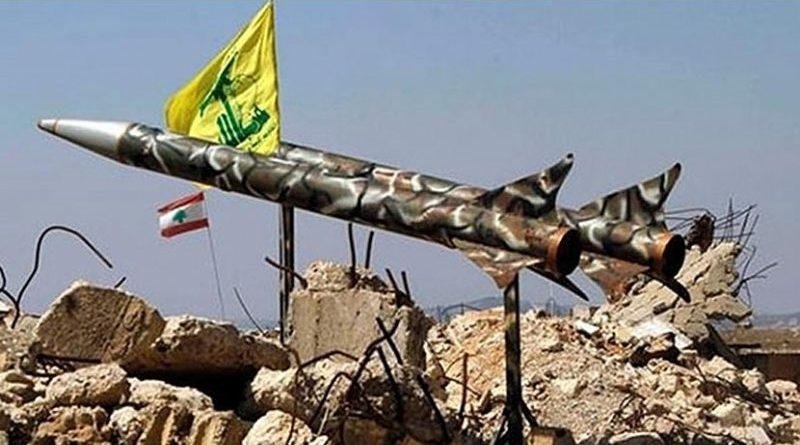
One person was killed and a building was destroyed by an Israeli airstrike on the town of Kafr Kila in southern Lebanon on Tuesday night, according to local media reports.
On Wednesday night two people were killed and one wounded when an Israeli warplane targeted a house in the town of Yater, according to reports. An Israeli shell also hit a house in the town of Aita Al-Shaab, causing it to burn down but no casualties were reported.
Hezbollah, which has resumed its operations against the Israeli army as the war in Gaza continues, on Wednesday said it targeted an Israeli military site at Malikia with a Burkan missile, resulting in a direct hit. A similar attack on a military site in Ramya also resulted in a direct hit, it added.
In the hours that followed, Hezbollah said it intensified its operations against the Israeli army, including the targeting of a naval site in Ras Al-Naqoura and an attack on the Shomera barracks. The Israeli media also reported the launch of several rockets “from Lebanon toward Ras Al-Naqoura in western Galilee.”
Forces from an Israeli military base in Al-Bayada fired on the eastern outskirts of the Lebanese town of Blida with machine guns. They also targeted the nearby areas of Ayta ash Shab with heavy gunfire, as well as the outskirts of the Lebanese town of Tarbikha.
Israeli airstrikes hit the outskirts of Naqoura, Al-Bustan and Marwahin, and artillery fire targeted the outskirts of the towns of Aytaroun, Yaroun, and Al-Khiyam. The Israeli army also said its “warplanes attacked military infrastructure and a missile-launching site belonging to Hezbollah in Lebanese territory.”
Hezbollah said on Wednesday one of its fighters was killed as a result of the clashes, raising the total death toll among the group’s forces to 98.
Meanwhile, Israeli radio station Kan Reshet Bet said there have been “intensive contacts taking place in the past few days to reach a diplomatic solution to remove Hezbollah elements beyond the Litani River and increase the number of UNIFIL (UN Interim Force in Lebanon) forces in southern Lebanon.”
The report quoted unnamed sources as saying that “estimates from various parties involved in the negotiations indicate that the chances of reaching a political solution are currently low. However, despite this, efforts will continue to reach a diplomatic solution.”
Media reports in Beirut previously revealed Israeli proposals to remove Hezbollah from border areas through the implementation or amendment of UN Security Council Resolution 1701, which was adopted in 2006 with the aim of resolving the war at the time between Israel and Hezbollah.
In particular, Israel wants the removal of Hezbollah fighters from the area south of Litani River. Hezbollah responded to Israel’s attempt by intensifying its operations in the past week from positions very close to the Blue Line, the demarcation line between Lebanon and Israel established by the UN in June 2000.
Parliament Speaker Nabih Berri’s Development and Liberation parliamentary bloc, which is allied to Hezbollah, urged the Lebanese government to “appeal to the international community to force Israel to cease its threats and attacks on Lebanon, as well as its encroachment on our land, sea and airspace. We also demand that Israel respects Resolution 1701, which Lebanon is committed to, and rejects any attempt to modify it under any pretexts.”
International officials who visited Lebanon in the past two weeks have reported that Israel is attempting to establish a buffer zone along the border with Lebanon.
There has been debate in the Beirut media about possible moves such as “increasing the number of the Lebanese Army in the south, especially in the UNIFIL working area, to implement Resolution 1701, enhancing the presence of UNIFIL forces, and increasing their numbers instead of talking about their withdrawal.”
